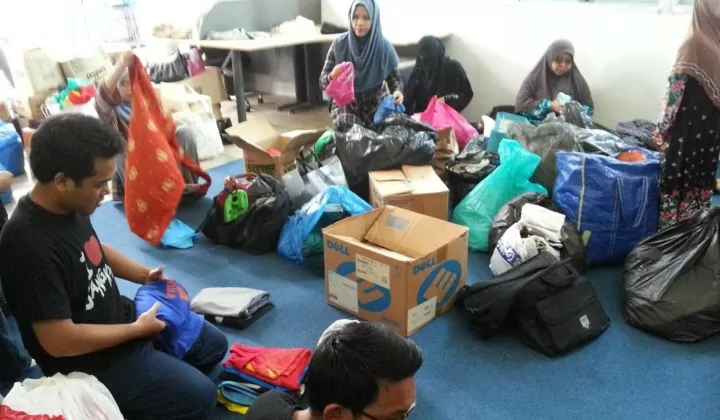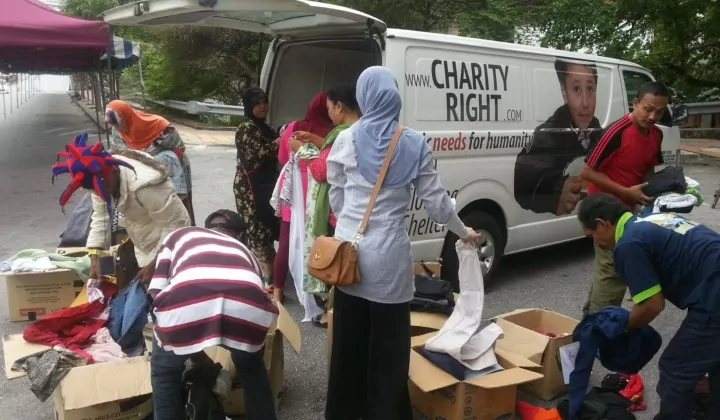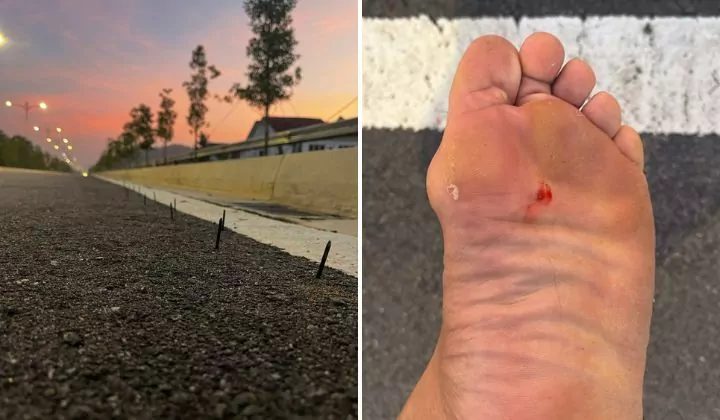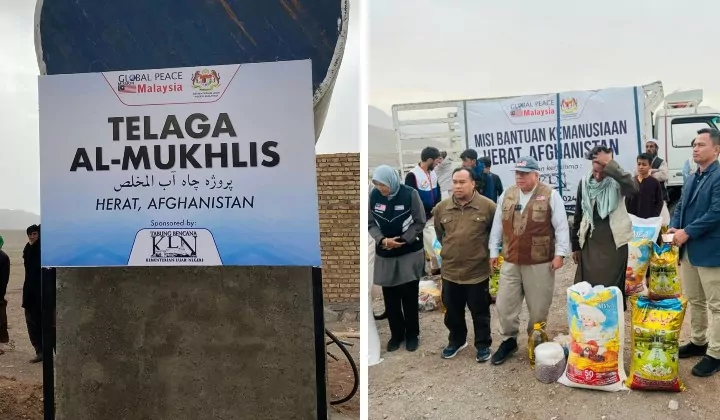[Watch] Clothing Donation Scam? Unraveling Reality And Good Intentions
A recent video alleges that all donated clothes are ultimately sold abroad in bulk and cautions the public against being deceived into donating.

Subscribe to our FREE Newsletter, or Telegram and WhatsApp channels for the latest stories and updates.
A video alleging that clothing donations are fraudulent has ignited a firestorm of debate across social media platforms.
The uploader criticized a clothing donation collection centre, claiming that all donated clothes are exported and sold as bundles, urging people not to be fooled into donating clothes.
The video, taken in what appears to be a used clothing collection centre surrounded by many bundles of used clothes and large donation boxes, quickly gained traction online, eliciting a mixed reaction from the public.
The video rapidly gained traction online, but the public’s reaction has been mixed.
Many have stepped forward to delve deeper into the motivations and outcomes associated with these acts of charity.
Unravelling the Debate: The True Impact of Clothing Donations
One notable comment questioned the financial trail of the clothing sold, suggesting a possibility that the proceeds might be used rightfully.
The commenter speculated, “Maybe check where the money from selling the bundle clothes is channelled to? Perhaps it goes to the right cause. Who knows… the person making the video might not have checked either.”
This comment received many likes, indicating that some viewers are sceptical of the video’s claims.
Other responses came from a variety of perspectives. “Let it be. Better than piling up in the wardrobe,” said a netizen named Thedarenish, showing that many see donations as a way to give unused clothes a new purpose.
Meanwhile, zue_man72 added, “Don’t care, it’s more sinful to have many clothes but not wear them… Better to donate…the intention alone earns merit,” highlighting the sentiment that donating itself is valuable regardless of the outcome.
Dj_jinggo71 expressed a laissez-faire attitude, stating, ” I have known this for a long time. That’s why I don’t mind. I consider it lawful then,” indicating an acceptance of the system.
Akhirruddinzaki supported the original claim by stating, “What that brother said is true. The clothes are exported. He didn’t make any assumptions. Now we know what happens to your clothes in those bins.”
A Deeper Dive into Clothing Donations: Insights from the Front Lines
Amid diverse reactions to the contentious video on clothing donations, Zuhri Yuhyi, a seasoned human rights activist, provided a nuanced perspective from firsthand experience.
Speaking with TRP, Zuhri, who has previously organized clothing donation drives, shared insights that only someone with direct involvement in such initiatives could offer.
He emphasized that not all donated items are directly accepted by those in need, particularly because many recipients are homeless and have limited capacity to store belongings.

They prioritize functional clothing suitable for job interviews or employment over many items.
Zuhri further explained that excess donations, which do not directly benefit the homeless due to their specific needs, are often sold to exporters.
These clothes then find a second life in third-world countries or are recycled.
Importantly, the revenue generated from these sales is invested in the community and used to purchase essentials for the poor and needy.
This comprehensive understanding from Zuhri highlights the complexity of clothing donation efforts.
It underscores the importance of recognizing the strategic thought and planning that go into effectively supporting those in need beyond donating clothes.

Zuhri’s experience and insight also serve as a crucial reminder to consider charitable donations’ broader implications and operational nuances before concluding.
He pointed out that Malaysians have shown remarkable generosity and conscientiousness in their contributions, ensuring that the clothes they donate are also in good condition—clean and free from damage.
Zuhri suggests that this aspect of the donation process reflects thoughtful consideration by donors of the dignity and immediate needs of the recipients.
Fortunately, our donors are civilized people; we’ve never received anything horrible. Most of the clothes are good, some are great. We also receive shoes, baby items, luggage bags. We’ve never received anything we had to throw away.
Human rights activist Zuhri Yuhyi on the broader cultural ethos of giving to clear out one’s wardrobe and with a genuine intent to help.
Increased Clothing Donations in Malaysia
Malaysia has seen a significant increase in clothing donations, with some organizations reporting a 300% rise in donations.
Several organisations in Malaysia accept clothing donations, such as the Salvation Army’s Red Shield Industries, Community Recycle for Charity (CRC), Kloth Cares, and BLESS Shop.
These organizations collect, process, and sell the donated items to fund their social service programs and community projects.
Initiatives like Upcycle4Better and Life Line Clothing also offer Malaysians the opportunity to donate their unwanted or unwearable clothes, which are then recycled or upcycled into new products, reducing waste and creating a more sustainable solution for clothing disposal.
Some businesses in Malaysia, such as 2nd Street, REFASH, and helaian.co, offer cash or vouchers in exchange for donated clothes, shoes, and other fabric items.
This provides an incentive for people to recycle their unwanted clothing.
Fashion retail giants H&M and UNIQLO also accept donations of used clothing at their stores in Malaysia.
Customers can drop off their old clothes at the cash desk, and the stores will ensure the items are recycled or donated to charity.
READ MORE: Eco-Chic Revolution: How Malaysia’s Fashion Scene Is Turning Swedish Green
Share your thoughts with us via TRP’s Facebook, Twitter, Instagram, or Threads.





